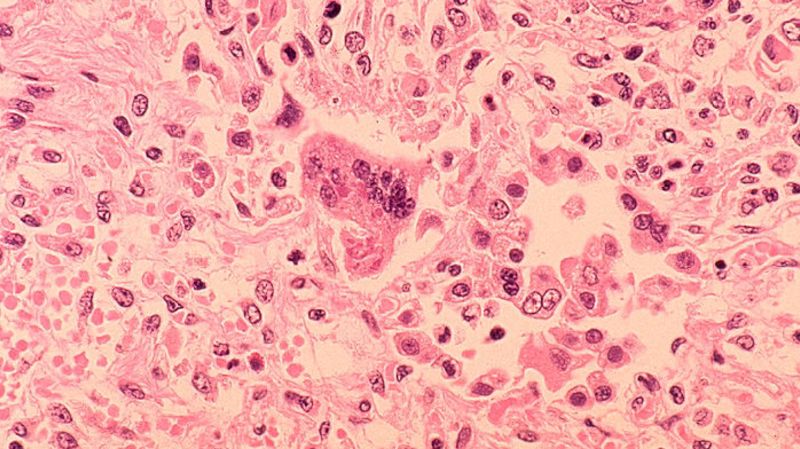RFK Jr.'s Autism Research Plan: Can He Really Access Americans' Health Records?

The Core of the Proposal
RFK Jr.'s plan centers on creating a centralized database of health records, aiming to facilitate large-scale research into conditions like autism, autoimmune diseases, and cancer. He argues that by analyzing vast amounts of data, researchers can identify potential environmental factors, genetic predispositions, and other contributing elements that might otherwise remain hidden. This approach, he believes, could lead to breakthroughs in prevention and treatment.
The Legal and Logistical Challenges
However, realizing this vision is far from straightforward. The Health Insurance Portability and Accountability Act (HIPAA) places strict limitations on the disclosure of protected health information (PHI). Obtaining access to health records requires informed consent from individuals or a valid waiver, which can be a lengthy and complex process. Furthermore, data security and privacy are paramount concerns. A centralized database would be a prime target for cyberattacks, potentially exposing sensitive information to malicious actors.
De-identification and Alternative Approaches
One potential workaround is de-identification, where personal identifiers are removed from the data before it's used for research. While this reduces the risk of privacy breaches, it also limits the usefulness of the data for certain types of analysis. Researchers often rely on linking data from multiple sources to gain a comprehensive understanding of a patient's health history, which requires access to identifiable information.
The Role of Existing Data Repositories
It's worth noting that numerous existing data repositories already collect and analyze health information for research purposes. The National Institutes of Health (NIH) maintains several large datasets, and private companies like Verily and 23andMe also have access to vast amounts of genetic and health data. These resources offer alternative avenues for studying autism and other chronic diseases without requiring the creation of a new, centralized database.
Public Perception and Concerns
RFK Jr.'s proposal has sparked considerable debate, with some praising his ambition and others expressing concerns about privacy and government overreach. Public trust in data security is essential for any large-scale health data initiative. Transparency and robust safeguards are needed to ensure that individuals' rights are protected and that the data is used responsibly.
Looking Ahead
While RFK Jr.'s vision of leveraging health data to advance medical research is compelling, the practical and ethical challenges are substantial. A careful and nuanced approach is needed, one that balances the potential benefits of research with the fundamental right to privacy. Exploring alternative approaches, strengthening data security measures, and fostering public trust will be crucial for moving forward in this complex landscape. The debate underscores the ongoing tension between the pursuit of scientific knowledge and the protection of individual rights in the digital age.






